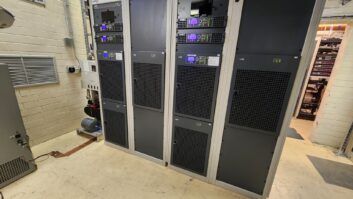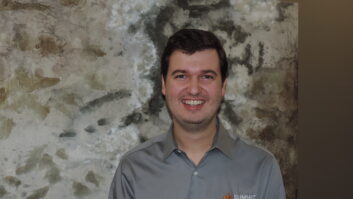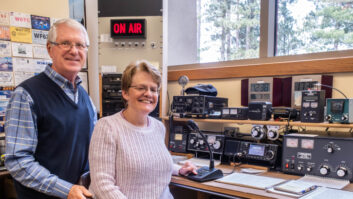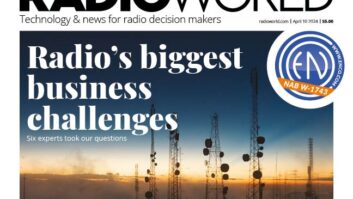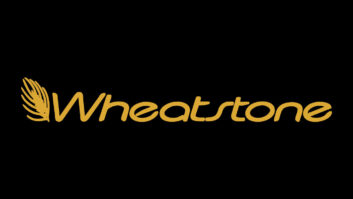The Society of Broadcast Engineers will offer two days of sessions in its Ennes Workshop at the 2024 NAB Show. The workshop returns to the Las Vegas Convention Center after being held at the Westgate last year. It will feature tracks on “RF101” and “Media over IP Essentials.”
Among the sessions is “ROI and how to speak it,” delving into concepts of return on investment, cost of acquisition and similar terms. It will be presented by Kevin Trueblood, associate general manager for technology and operations at WGCU Public Media in Fort Myers, Fla.
Radio World: Can you give us a sample of terms you’ll discuss?
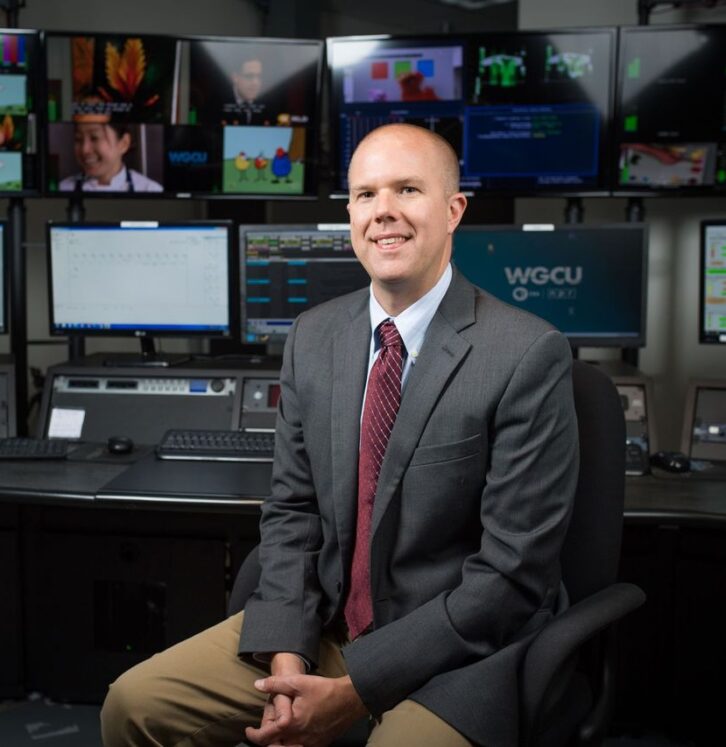
Kevin Trueblood: We’ll go over things like depreciation and capital budgets, but the point of the presentation is to help engineers fit their projects into the overall scope of the business of broadcasting.
Typically engineering is viewed as a cost center, and while those expenses are investments into the business, it’s important to be able to understand WHY these expenses benefit the business beyond just shiny new equipment and how to define the returns they can provide.
RW: The term “total cost of ownership” has become familiar in the purchase of transmitters. How can that concept be applied across other parts of the radio station?
Trueblood: This is huge on the IT side of things, which for modern facilities is a big part of your air chain. More and more software and services have become subscription-based, so if you’re hosting a local server, you have to factor in not just hardware costs, but also the cost of software over time, the infrastructure to host the server such as HVAC, people to maintain the servers, administer backups and associated connectivity.
RW: A related session is about “How to Talk Like a Manager,” where you’ll be joined by Cindy and Gary Cavell and which concludes the second day’s agenda. How is this discussion different from the above?
Trueblood: If your day is spent in the trenches, out in the field and putting out fires, you have a great working knowledge of the day-to-day operations of a facility. But to move up in your career and to help you understand why things are the way they are at your facility, it’s helpful to get an understanding from people whose job it is to make the decisions that impact those day-to-day operations.
RW: Are there common problems or mistakes engineers tend to make when talking with corporate types? How can they avoid them?
Trueblood: Very often engineers think in logical terms and believe that something is impossible unless it fits into a specific framework. In reality, accomplishing a goal and doing your best work can take some creative thinking and challenging your ideals.
RW: Looking across our industry, what do you think is the biggest challenge facing broadcast engineers and their profession broadly?
Trueblood: Technology is both our enemy and our friend. Modern technology enables us to do far more with far less, but at the same time personnel shortages and dwindling budgets means resources can be stretched too thin, making it a challenge to get ahead and accomplish goals.
RW: What else should we know?
Trueblood: My hope is this provides some insight to professionals who are either new to the industry or looking to make a move upwards in their career. Being able to communicate effectively and understand how your work fits in to the bigger picture can allow both internal and external stakeholders to see a maximum return on their investments.
Find the agenda for the two-day Ennes Workshop here.





